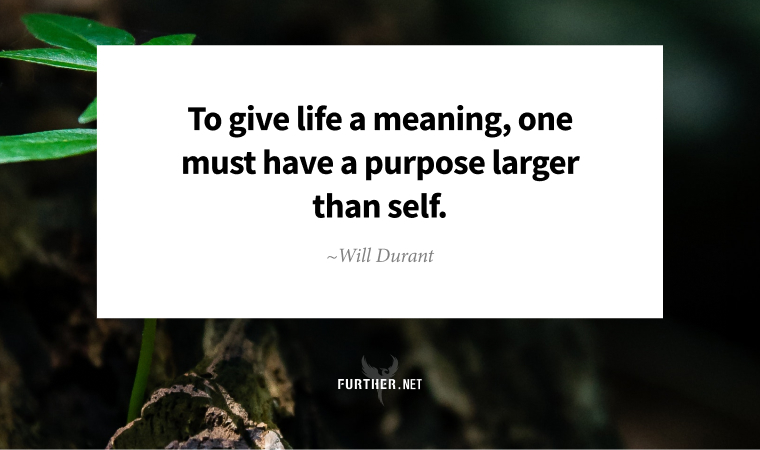
Since the dawn of time, humans’ core purpose has been to survive and thrive by collaborating and cooperating with others. In today’s world, that’s complicated.
From conflicting politics to complex issues like global warming, economic and social inequity, and social media’s “compare and despair” culture, making meaningful connections can feel impossible. It also makes finding a way to serve others while also serving yourself — what ancient Eastern philosophies call dharma — exceptionally challenging.
This existential quandary doesn’t have to keep you up at night. There’s a relatively simple process to live a purposeful life: become a solutionary.
What is a Solutionary?
The root of “solutionary” is “solution,” but it goes beyond being a simple problem-solver. It’s about serving as a force for positive change.
Regularly making the world a better place as a solutionary, in a way that employs your talents and that you enjoy, is one of the best ways to create a deeply fulfilling life that results in a positive feedback loop of meaning and purpose.
The process, according to author and co-founder and president of the Institute for Humane Education Zoe Weil, begins with three questions:
- What issues in my community, nation, or world most concern me?
- What am I good at?
- What do I love to do?
You may recognize these as three of the four aspects of the Japanese concept of ikigai. (The fourth is “what are you/could you be paid to do?”) Defining and following a personal mission, along with a strong community, healthy diet, and regular exercise, has led to extremely long lifespans in places like the “Blue Zone” of Okinawa.
Plus, if you’re aiming for greater longevity, it makes sense to want to help make the world a more just, humane, livable place.
Be the Change
Once you’ve explored the intersection of what motivates you, it’s time to take action. As Weil explains:
The solutionary process is a step-by-step approach that helps you learn about the causes of problems that concern you; connect with stakeholders; find leverage points for change; devise solutions that address the causes and do the most good and least harm for people, animals, and the environment; and then implement your ideas.
Critically, the focus is on addressing root problems, not simply the symptoms. For example, if you’re a writer who’s also an animal lover, donating occasional supplies to a local shelter isn’t being a solutionary. It’s using your skills to facilitate change, like writing articles that promote animal rescues or prioritizing work for clients who sell products that support pet welfare.
Infusing your daily life with meaning and passion isn’t a problem at all. All it takes is some introspection, commitment, and a willingness to make your purpose your practice.
Find Your Purpose: Become a Solutionary (Psychology Today)
